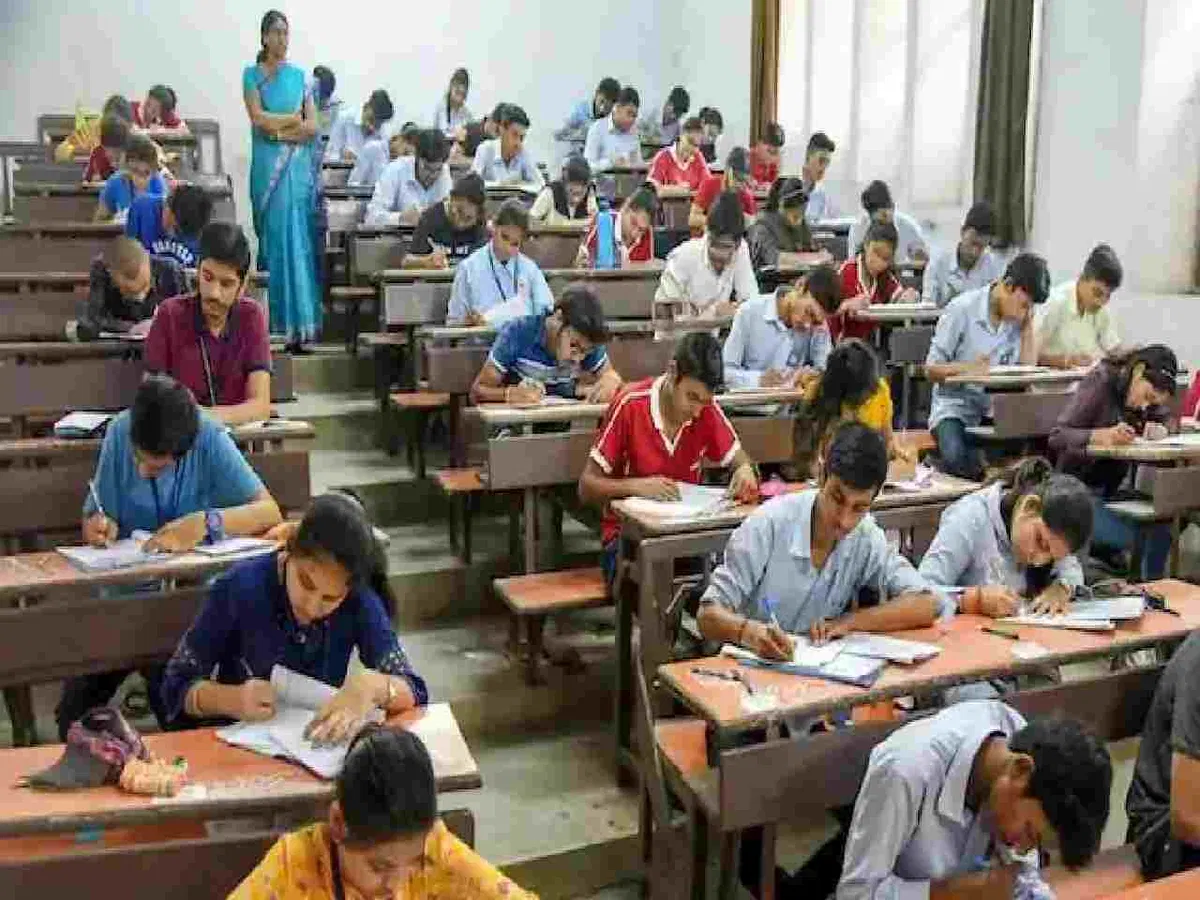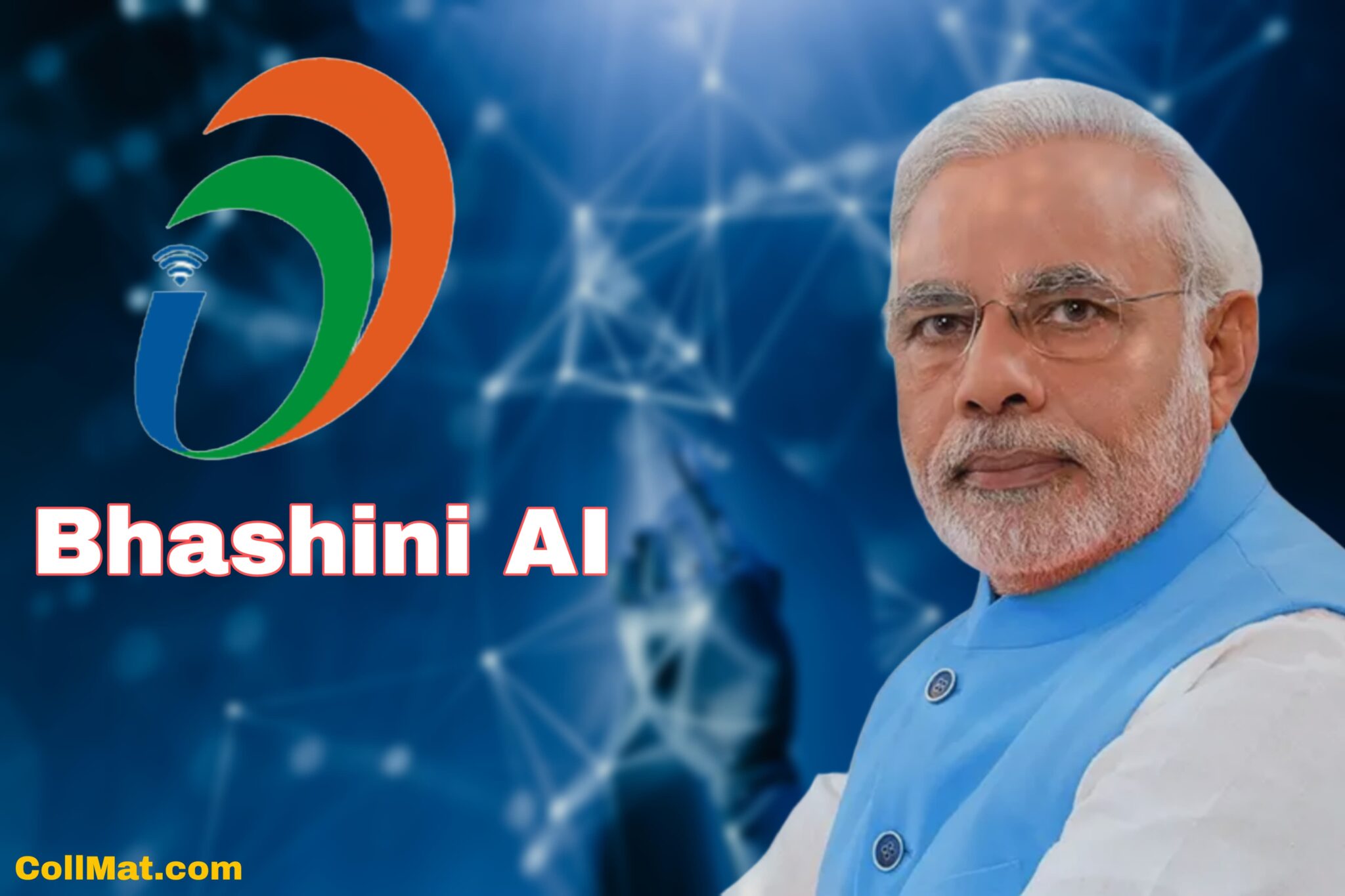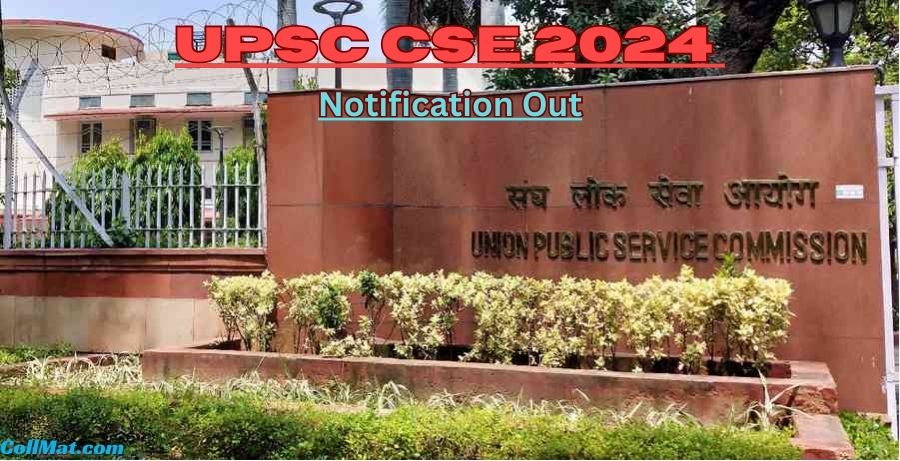The UPSC Civil Service Examination stands as one of India’s most fiercely competitive tests, administered by the Union Public Service Commission (UPSC) to recruit candidates for esteemed civil service positions such as the Indian Administrative Service (IAS), Indian Police Service (IPS), Indian Revenue Service (IRS), and Indian Foreign Service (IFS). Renowned for its rigorous evaluation criteria, expansive syllabus, and limited openings.
This examination is widely acknowledged as one of the most challenging assessments in the nation. This covers various subjects like history, geography, politics, science, economics, accountancy, and environment. The UPSC examination epitomizes a holistic and multi-disciplinary approach to evaluating candidates.

Why should I attempt the UPSC Examination?
Upon triumph in both the written examination and the subsequent interview, successful candidates are bestowed with the honour of serving the nation as civil servants in distinguished roles such as IAS, IPS, IRS, or IFS officers. Beyond the prestige associated with these positions, government privileges ensure stability and job security for incumbents. Driven by an unwavering commitment to national service, these civil servants play a pivotal role in shaping and enhancing existing policies, significantly contributing to the nation’s development trajectory.
Preparation for the UPSC examination presents a daunting challenge, characterized by the absence of any assurance of success owing to the unpredictable nature of the questions posed. The extensive time commitment required for study often leads to personal sacrifices, potentially depriving candidates of financial and emotional growth opportunities.
Furthermore, the exponential rise in the number of aspirants undertaking the examination annually has led to a notable decline in success and selection rates. Additionally, the diverse educational backgrounds of aspirants, while advantageous in fostering varied perspectives, also add complexity to the preparation process. The dynamic nature of the syllabus and the introduction of unforeseen question patterns further compound the challenges, rendering success attainable only by a select few.
Changes made to one of the most prestigious exams in India: UPSC CSE
In conclusion, the UPSC Civil Service Examination represents a formidable trial for aspirants seeking to embark on a career in civil service. While success in this examination offers the opportunity to serve the nation in esteemed capacities, the journey toward achieving this goal is fraught with numerous hurdles. Aspirants must navigate the intricacies of an extensive syllabus, intense competition, and evolving examination patterns with unwavering determination and resilience. Ultimately, the fusion of knowledge, critical thinking, and perseverance distinguishes successful candidates in one of India’s most prestigious examinations.
DO YOU KNOW?
- Do you know that the examination fee for UPSC CSE Prelims is a mere amount of Rs.100 to make it accessible to candidates despite their backgrounds?
- Statistics shows that approximately there are 90,00,000 aspirants applying for the attendance of the examinations for only 900-1500 vacancies giving the individual a success probability of around 0.117%
- The examination contains three different stages- Prelims, Mains, and Interview each with its difficulty levels.
- There are age limits for different categories of candidates, these are determined based on various factors.
- Candidates having different backgrounds like Engineering, Medical, Law, Finance, Private Sector employees apply for UPSC CSE.














